
Technology excites developing countries but concerns the developed world
A poll by Microsoft shows that there are vastly differing views to the technological lives we now lead. While most people believe that technology has made life better in a number of ways, there are key differences in opinion between developing and developed nations.
Countries in which advanced technology is more commonplace -- so-called developed countries -- there is an element of fear and concern that is not found in developing countries. Despite this difference in views, the overall consensus between internet users is that personal technology has had a positive impact.
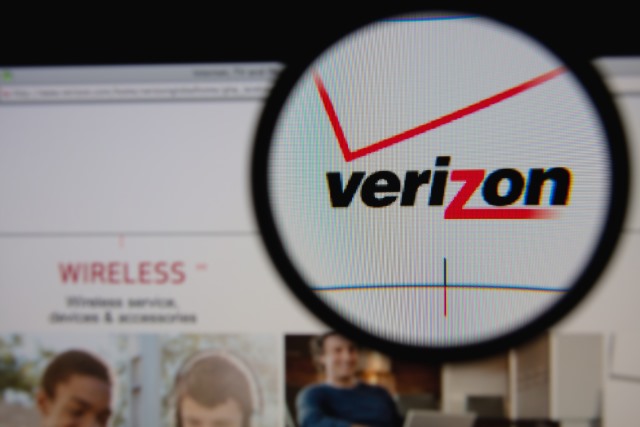
Listen up, Microsoft -- Verizon fixes critical email security flaw in two days
When it comes to fixing security problems, it's better for everyone involved if a patch can be released as quickly as possible. A few days ago, a critical vulnerability was discovered in Verizon's FiOS app by Randy Westergren when he found it was possible to access the mail account of any Verizon customer with relative ease.
In stark comparison to the unhurried approach adopted by Microsoft to fixing problems identified in Windows -- on more than one occasion failing to hit a public disclosure deadline set by Google -- Verizon acknowledged, investigated and fixed the problem within two days. The problem itself was worrying, but the speed of reaction is impressive.

War is declared: US and UK to engage in cyber attacks
The US and UK usually get on pretty well, but plans are afoot for the two nations to stage cyberwar on each other. Later this year, Wall Street and the City of London will be subjected to a series of attacks that is being described as "unprecedented".
But this does not signal a breakdown in the "special relationship" that extends across the Atlantic, rather the "war games" are part of a venture between the two countries to help improve security. The aim is to expand information sharing in a bid to stave off real cyber attacks that could be launched by other nations.
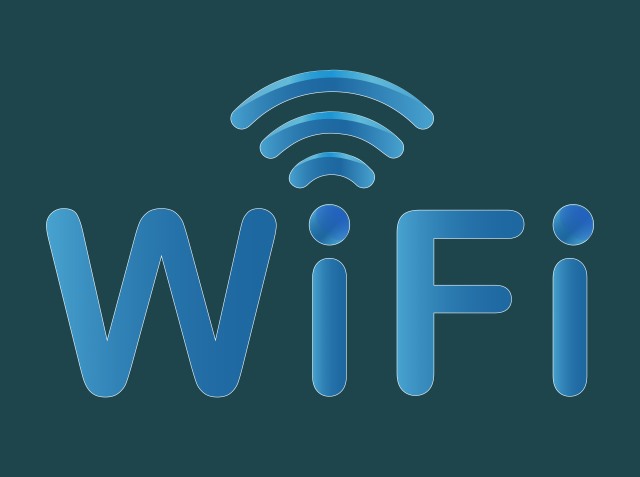
Marriott hotels back down on plans to block guests' Wi-Fi hotspots
The Marriott chain of hotels has backtracked on its plans to block guests' Wi-Fi hotspots. The group had previously indicated a desire to make use of blocking equipment with a view to increasing security. But the likes of Google and Microsoft saw this as undue interference and decided to fight the plans.
Marriott International went as far as applying to the FCC for permission to use signal blocking equipment, but it has now done a complete 180 and announced that no Wi-Fi blocks will be put in place.
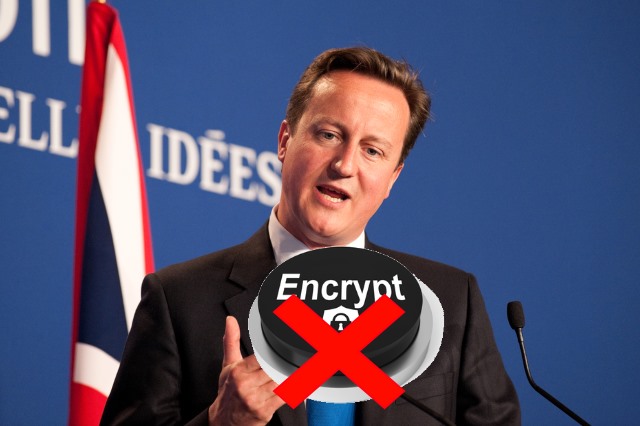
Ban encrypted messaging apps? You'd have to be an idiot to think it workable
Wherever you are in the world, it's quite likely that your government wants to monitor your communication, be it online or via phone. Following the tragic events in France, politicians have voiced a desire for greater snooping powers. UK Prime Minister David Cameron has suggested that he would ban encrypted messaging tools if he wins the next election.
He has said that he would move to block the use of methods of communication that could not be intercepted and read by security services. With tools such as iMessage, WhatsApp and Snap Chat providing encrypted messaging options, could their days be numbered? Or is this an idiotic and unworkable way of looking at things?

Silk Road Reloaded ditches Tor for I2P
The notorious online black market Silk Road Reloaded has left the Tor web browser to join a more anonymous network known as I2P.
Following the decision, Silk Road Reloaded has also made a number of policy changes, including ending its exclusivity with bitcoin. The site now allows transactions to take place with other cryptocurrencies such as dogecoin and anoncoin.

Can an 'anonymous' social network using Facebook login ever be trusted?
Despite its unwavering popularity, Facebook continually finds itself under fire for one thing or another. We've had debate about the social network's real names policy, a raft of people thinking they can rewrite the rules, advertising woes, and constant complaints when changes are made to how timelines operate. But one thing crops up time and time again -- people's desire for privacy.
This may seem rather at odds with use of a social network (there's a clue in the name there), but a new contender thinks it has the answer. Social X describes itself as a social platform where users can set up numerous identities, including an anonymous one. There's one problem -- Facebook credentials are used to sign into Social X, and this is undeniably going to be a massive stumbling block.
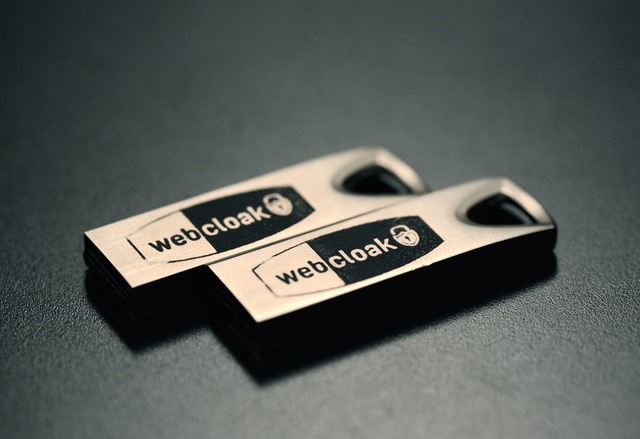
Webcloak weaves a secure shroud around the web to keep you safe online
Kickstarter projects are ten a penny these days, as startup after startup vies for attention and financing. While many projects fall by the wayside, just a handful come to fruition and one of the latest is a handy USB dongle that allows for secure, anonymous web browsing. In just 45 days the campaign reached its target of $60,000, meaning that larger scale production can now go ahead on the line of security-focused USB sticks.
Webcloak is designed as an alternative to the likes of Tor, offering users a secure, self-contained browsing environment. This not only helps to keep browsing anonymous, but also protects against the threat of viruses, and its blend of hardware, encryption and "secure access" software has been designed with ease of use in mind.

New mobile digital rights app launches but not for iPhone users
Digital rights campaigner Electronic Frontier Foundation has launched its own EFF mobile app with the aim of alerting users to issues and campaigns.
Users will get a notification and be able to one-click connect to the EFF action center to help fight for freedom online. Unless they happen to be iPhone users.

Stop posting your own Facebook privacy notices -- it's completely pointless and looks silly
It's happening again. Check your Facebook wall and you'll probably find that at least one of your friends has posted a status update indicating that they withdraw the right for Facebook to use the content they've posted to their account. It's written in a pseudo-formal style, and even makes reference to an applicable law. Must be legit, right?
Nope. It's nonsense. Complete and utter twaddle of the most pure and unadulterated kind. By all means post the message to your own wall, but be aware of two things: it will have absolutely no effect on what Facebook is able to do with your information, and it also makes you look a bit silly.

Facebook apologizes for miserable, automated Year In Review posts
You must have seen them whilst browsing your Facebook feed, you probably even have one of your own. Facebook took it upon itself to produce a Year In Review post for users, pulling together photos from throughout the year into one delightful, cheery look back at the previous 12 months. But for some people things weren’t quite so cheerful.
The algorithm that was used to collect photos for inclusion in the posts picked out not only photos of the happy family get-togethers, the unforgettable vacations and so on. Some users were distraught to find that some of the bleaker moments from the year had been highlighted in a presentation entitled "It's been a great year!". Now Facebook has apologized for the upset.
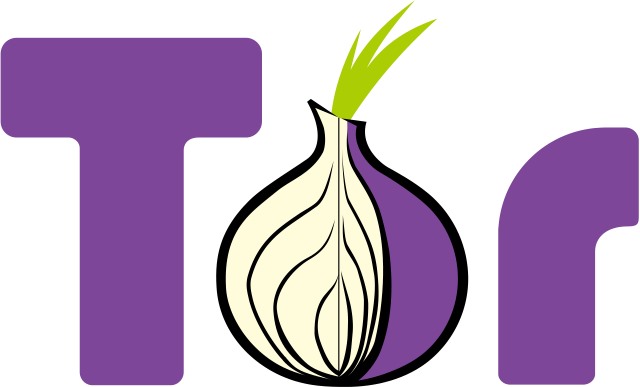
Lizard Squad attacks Tor network, ignoring warning from Anonymous
Lizard Squad, the group believed to be behind the Christmas DDoS attacks on Xbox Live and PlayStation Network now has a new target -- Tor. Just a week ago, the leader of the Tor Project, Roger Dingledine, warned that the anonymizing network could come under attack, and now it seems as though his prediction was correct.
War has already been declared on Lizard Squad by Anonymous, but this does not seem to have been enough to deter the group from its attacks. Reports suggest that more than 3,000 Tor relays have been compromised, and there are fears that this could impact the anonymity Tor was designed to offer.

Google's latest Transparency Report shows a drop in government data removal requests
After Edward Snowden blew the whistle on the surveillance activities of the NSA, there has been greater public interest in what data governments are obtaining from technology companies, and what data was subject to censorship and removal. Back in 2010 Google started something of a trend with its first transparency report, and today sees the launch of the latest edition.
Covering the six months from July to December 2013, the latest Transparency Report shows that while there were more requests than the same period in 2012, there has been a drop when compared to the first half of 2013. In all, Google received 3,105 requests to remove 14,637 items, compared to 3,846 requests and 24,737 items in H1 2013, and 2,289 requests and 24,191 items in H2 2012.

BlackBerry works with Boeing on secure, self-destructing smartphone
BlackBerry and Boeing are working together on a new super-secure smartphone. The announcement came at an earnings call at which BlackBerry CEO, John Chen, revealed scant details about the collaboration. What we do know is that the partnership is designed to create a secure device that can be used by US defense and homeland security workers.
Everybody's paranoid nowadays, but the defense sector is one that has a particular need for security. Boomberg reports that the phone is known as the Boeing Black, and it runs on top of BES -- a platform already known and trusted by many enterprise customers.

Tor network could be attacked and knocked offline this week
Roger Dingledine, leader of the Tor Project, has warned it could be the subject of an attack this week. In a blog post, he cautioned users that the project had learned that directory authorities might be seized in an attempt to incapacitate the network. Dingledine does not hint at who might be responsible for a future attack, but reassured users that anonymity would be maintained.
Directory authorities are used by Tor clients to help route traffic through the network, ensuring that users remains anonymous at each stage. An attack on directory authorities would probably have little effect to start with, but there is potential to take down the network if enough servers were targeted.
